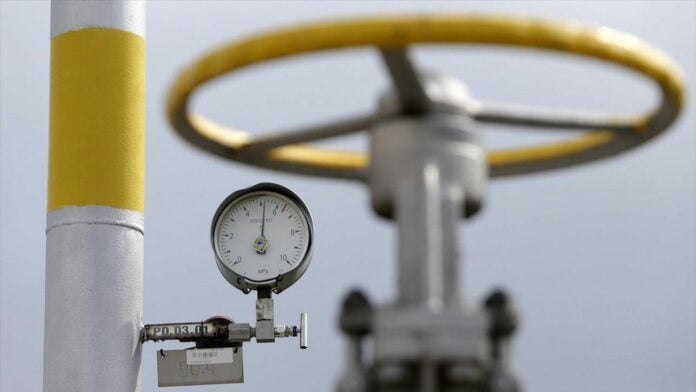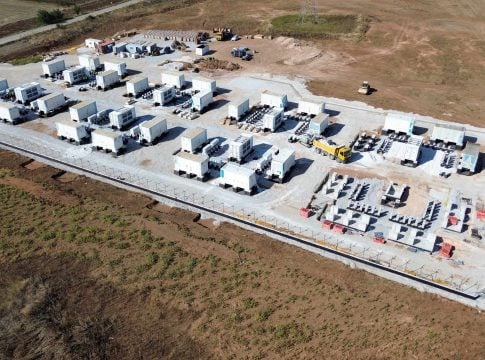Greece’s emergence as a natural gas transit gateway for Southeast Europe is expected to reduce the prices for the use of natural gas transmission networks in the coming years, according to the National natural Gas Transmission System (DESFA).
Increasing the use of the National Natural Gas System (NGS) to export gas to the Balkans spreads the cost of running the network across more users, reducing the per megawatt hour charge consumers pay on their gas bills.
According to the preliminary data for the use of the Greek network, requests exceed in volume the consumption not only of Greece but also of the whole of Southeast Europe, DESFA’s CEO, Maria Rita Gali, said.
Based on the data presented on Thursday, the average charge was 1.78 euros per megawatt hour in 2022 and rose to 2.1 euros in 2023.
However, based on the central scenario of DESFA, it will fall to 1.9 euros in 2024, 1.77 euros in 2025, 1.73 euros in 2026 and will reach 1.89 euros in 2027. It is noted that the main reason for the increase in tariffs this year was the large drop in consumption as a result of the energy crisis and soaring prices.
Demand for natural gas
Consumption of natural gas fell in the first half of the year in Greece while exports rose, according to DESFA.
More specifically, the consumption of natural gas in the first half of the year was reduced by 21.74% compared to last year, while exports increased by 15%. During the same period, the decrease in Russian natural gas imports to the country continued (-45.85%). TAP pipeline (gas from Azerbaijan) covered 20% of the needs, while more than 55% was covered by liquefied natural gas via Revythoussa, with the USA as the main supplier.















